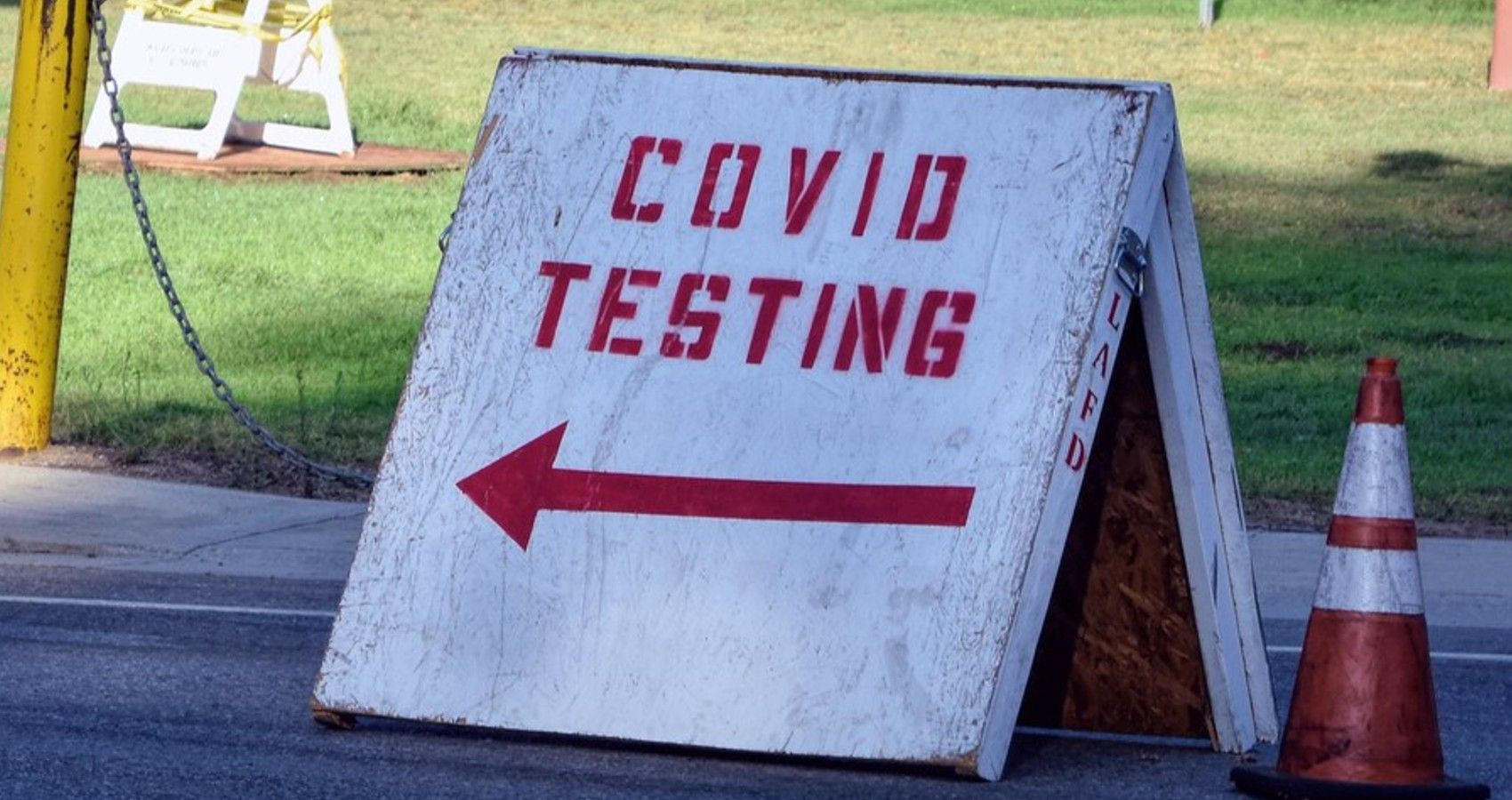A trial is underway for a COVID-19 test that is said to be “kid-friendly.” It has been a long 18 months of living through this pandemic, and while our children have all been through a lot, they are showing just how strong and resilient they are. There have also been a lot of families who have had to undergo the COVID-19 test, which is not said to be comfortable. Getting tested for COVID-19 involves long q-tips getting inserted in the nasal cavity to collect a sample. This can be tough for adults, but even tougher for children. However, it is important that public gets tested, and this includes children.
According to Medical Xpress, trials are underway to design and develop a kid-friendly COVID-19 test to make the whole process a lot easier for children. The study is a partnership between The Royal Children’s Hospital and Murdoch Children’s Research Institute in Australia, and full study details can be read here.
The hope is that children across Australia and the world can have access to a much less invasive test for the virus and not have to undergo the Q-tip nasal test.
The trial is being done on a product called Rhnoswab JuniorTM, and it is specifically designed for children. It does not go up the nose at all, instead, it sits at the base of the nose and will collect virus particles for testing. It will also have a lot of child-friendly features to make it interactive and even “fun” for children. This can also help parents who may go through some anxiety when they know that they have to get their child tested. They may be anxious that their child could possibly have the virus, but they are also anxious about the whole testing process.
An alternative was prompted after researchers found that parents were not getting their children tested because they did not want to put them through an invasive test. Testing for the virus is imperative for public health and to track outbreaks. It is also important for the child’s health, that their records reflect if they had COVID-19 to look for any long hauler symptoms and complications. Parents who had concerns were most likely parents of children between birth and 5 years old, and their specific concern was that the test as it is now would be too stressful and uncomfortable for their child and this would lead them to not get them tested. Hopefully, a new way of testing will be here soon, and parents and children can have a bit more peace of mind.
Sources: Medical Xpress, MCRI

